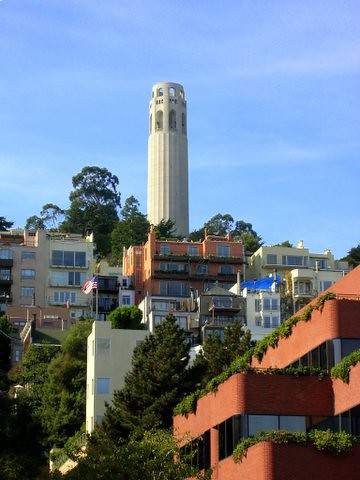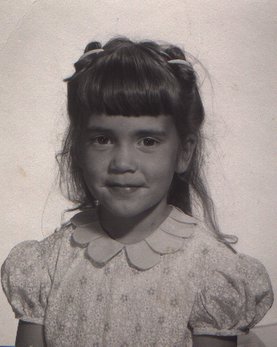Wednesday, February 01, 2006
An Exercise in Comparative Literature
(via Maud Newton)
An Exercise in Comparative Literature from Tim T., writing at Intersecting Lines
For decades, the debate has been raging amongst literary scholars: "Which is better? James Joyce, or a train timetable?"
On the one hand, there are the scholars who argue that we live in an everchanging, metatextual world, and that we should be prepared to let in all types of literature to the canon. On the other hand, there are the classical scholars who think we should just stick with the train timetable.
So what's so good about James Joyce, anyway? Can it do something useful, like tell us when and where to catch a train?
In this essay, I propose to help settle this crucial philosophical debate once and for all by performing a comparative study.
ULYSSES vs THE BROADMEADOWS AND UPFIELD TRAIN TIMETABLE
A Study In Literary Quality
[...] and continues on ...
An Exercise in Comparative Literature from Tim T., writing at Intersecting Lines
For decades, the debate has been raging amongst literary scholars: "Which is better? James Joyce, or a train timetable?"
On the one hand, there are the scholars who argue that we live in an everchanging, metatextual world, and that we should be prepared to let in all types of literature to the canon. On the other hand, there are the classical scholars who think we should just stick with the train timetable.
So what's so good about James Joyce, anyway? Can it do something useful, like tell us when and where to catch a train?
In this essay, I propose to help settle this crucial philosophical debate once and for all by performing a comparative study.
ULYSSES vs THE BROADMEADOWS AND UPFIELD TRAIN TIMETABLE
A Study In Literary Quality
[...] and continues on ...
: views from the Hill
Bertold Brecht:
Everything changes. You can make
A fresh start with your final breath.
But what has happened has happened. And the water
You once poured into the wine cannot be
Drained off again.
Everything changes. You can make
A fresh start with your final breath.
But what has happened has happened. And the water
You once poured into the wine cannot be
Drained off again.


